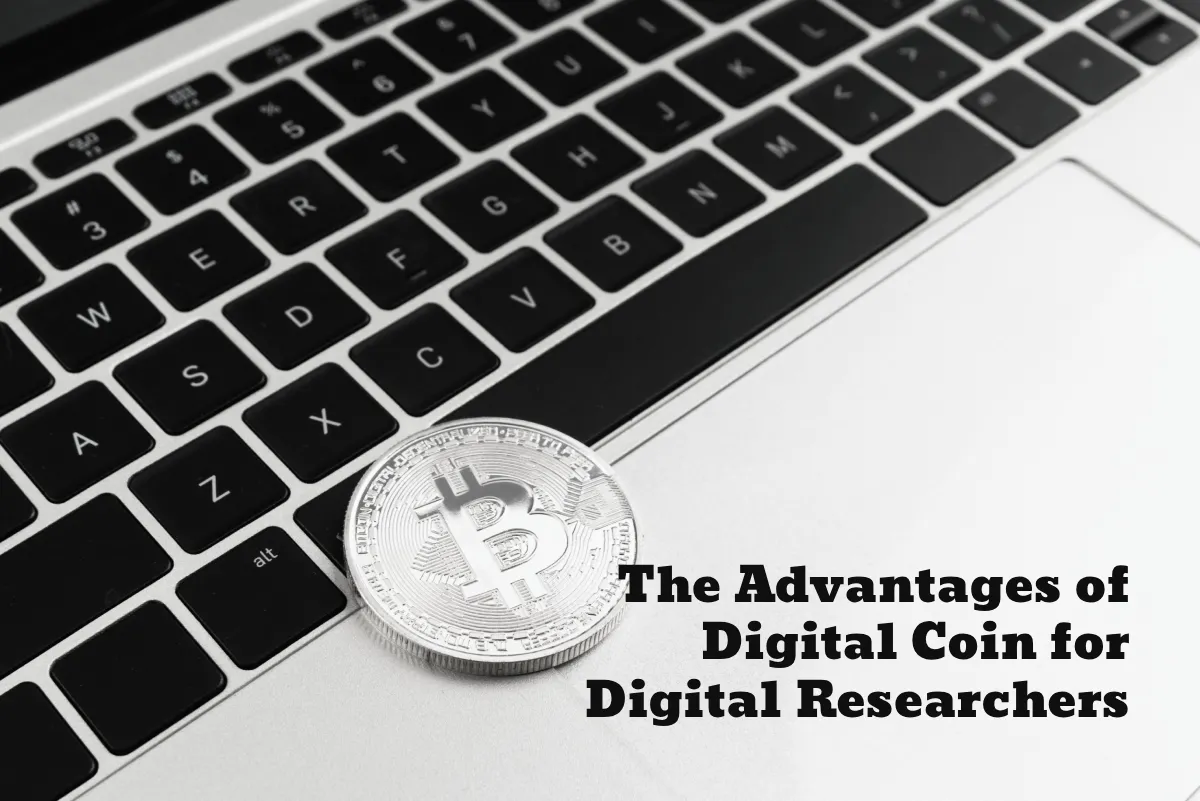The Advantages of Digital Coin for Digital Researchers
In the rapidly evolving digital landscape, the concept of digital coin has gained significant traction, offering a new horizon of opportunities for various sectors. For digital researchers, in particular, digital coin presents a range of advantages that can streamline research processes, improve data integrity, and foster innovation. This article delves into how digital coin is revolutionizing the field of digital research, making it an invaluable tool for researchers worldwide.
Enhancing Data Security and Integrity
Secured Transactions
One of the primary concerns for digital researchers is the security of their transactions and data. Digital coin utilizes advanced encryption techniques to ensure that every transaction is secure. This eliminates the risks associated with traditional payment methods, such as fraud and data breaches, allowing researchers to focus on their work without worrying about the safety of their funds.
Immutable Records
Digital coin transactions are recorded on a decentralized ledger, making them immutable. This means that once a transaction is recorded, it cannot be altered or deleted. For digital researchers, this provides a tamper-proof record of all financial transactions related to their research, ensuring transparency and accountability. The integrity of data is critical in research, and digital coin helps maintain this integrity by providing a reliable record-keeping system. You can also explore Finance Phantom reviews for further information.
Facilitating Global Collaboration
Borderless Payments
Digital research often involves collaboration across borders. Traditional payment methods can be cumbersome, with high fees and long processing times. Digital coin, on the other hand, facilitates instant, borderless payments. Researchers can easily send and receive funds from anywhere in the world, without worrying about exchange rates or international transfer fees. This ease of transaction promotes global collaboration, enabling researchers to work with peers from different countries more efficiently.
Funding Innovation
Securing funding for research projects can be a daunting task. Digital coin offers a new avenue for researchers to secure funding. By utilizing digital coin, researchers can access a global pool of potential donors and investors who are interested in supporting innovative projects. This can be particularly beneficial for researchers working on cutting-edge technologies or unconventional projects that may not receive funding through traditional channels.
Promoting Financial Inclusion
Access to Financial Services
Not all researchers have access to traditional financial services, especially those in developing countries or remote areas. Digital coin provides an alternative means of accessing financial services without the need for a bank account. This promotes financial inclusion, allowing more researchers to participate in the global research community. With digital coin, researchers can receive payments, purchase resources, and pay for services without relying on traditional banking infrastructure.
Lower Transaction Costs
For researchers working with limited budgets, every penny counts. Digital coin transactions typically have lower fees compared to traditional payment methods. This can result in significant cost savings, especially for researchers who need to make multiple transactions over the course of a project. By reducing transaction costs, digital coin allows researchers to allocate more of their budget to actual research activities.
Empowering Data Monetization
Direct Compensation for Data
In the digital age, data is a valuable asset. Digital coin enables researchers to monetize their data directly, bypassing intermediaries. Researchers can sell their data to interested parties in exchange for digital coin, ensuring that they receive fair compensation for their work. This not only provides an additional revenue stream but also incentivizes the production of high-quality data.
Transparent and Fair Transactions
When monetizing data, transparency is key. Digital coin transactions are recorded on a transparent ledger, providing both buyers and sellers with a clear record of the transaction. This ensures that researchers are fairly compensated for their data, and that buyers receive the data as agreed. The transparency provided by digital coin helps build trust between parties, making it easier for researchers to sell their data to a global audience.
Streamlining Research Processes
Simplified Financial Management
Managing finances can be a complex and time-consuming task for researchers, particularly those managing multiple projects. Digital coin simplifies financial management by providing a unified platform for transactions. Researchers can track their income and expenses in real-time, making it easier to manage budgets and ensure that funds are being used efficiently. The use of digital coin also reduces the need for paperwork, freeing up more time for actual research.
Accelerated Project Timelines
Research projects often have tight timelines, and delays in funding or payments can have a significant impact on the project’s success. Digital coin facilitates faster transactions, ensuring that researchers have access to the funds they need when they need them. This can accelerate project timelines, allowing researchers to complete their work more quickly and efficiently.
Conclusion
Digital coin is rapidly becoming an essential tool for digital researchers, offering a range of advantages that enhance security, promote global collaboration, and streamline financial management. By providing access to financial services, lowering transaction costs, and enabling the direct monetization of data, digital coin empowers researchers to focus on what they do best—conducting groundbreaking research. As the digital landscape continues to evolve, the adoption of digital coin by researchers will likely continue to grow, further revolutionizing the field of digital research.

Leave a Reply